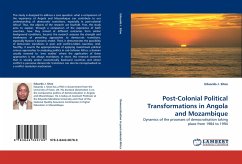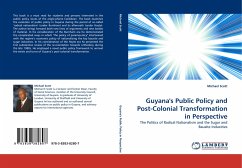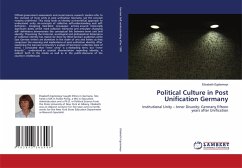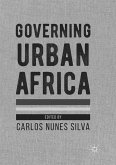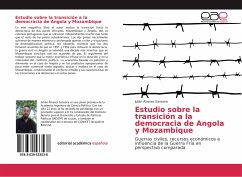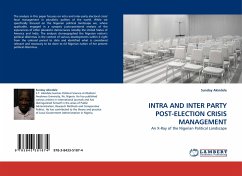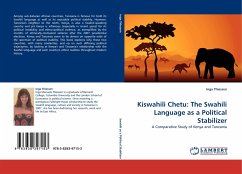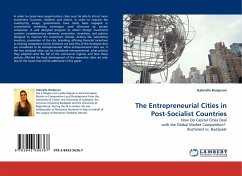This study is designed to address a core question: what a comparison of the experience of Angola and Mozambique can contribute to our understanding of democratic transitions, especially in post-colonial Africa? Thus, the objects of the research are fourfold. First, the study aims to explain, through a comparison of the experience of both countries, how they arrived at different outcomes from similar background conditions. Second, the research assesses the strength and weaknesses of prevailing approaches to democratic transitions, especially Rustow's dynamic model. Third, it demonstrates the possibility of democratic transitions in poor and conflict-ridden countries. And, fourthly, it asserts the appropriateness of applying mainstream political science approaches to analysing politics in sub-Saharan Africa, a domain usually reserved to 'area studies' where the application of these approaches is not always mandatory. In short, this reserach contends that in socially and/or economically backward countries and where conflict is pervasive democratic transitions can also be conceptualised as a conflict resolution mechanism.
Bitte wählen Sie Ihr Anliegen aus.
Rechnungen
Retourenschein anfordern
Bestellstatus
Storno

